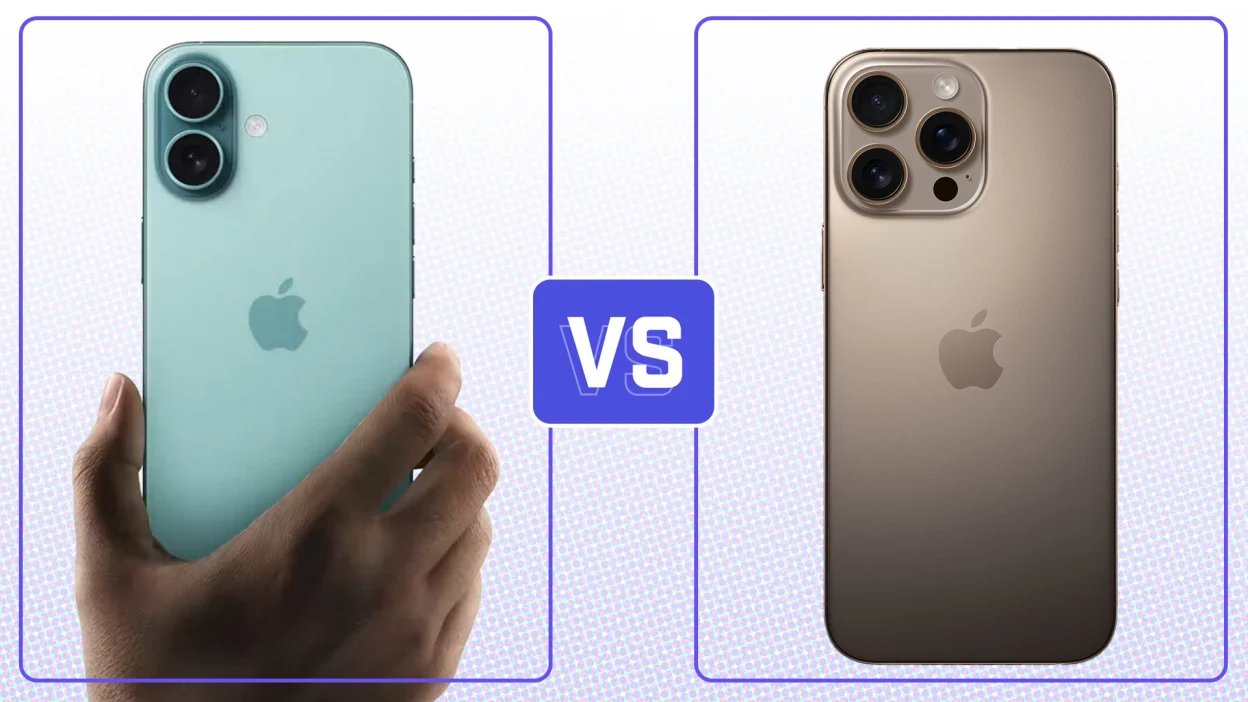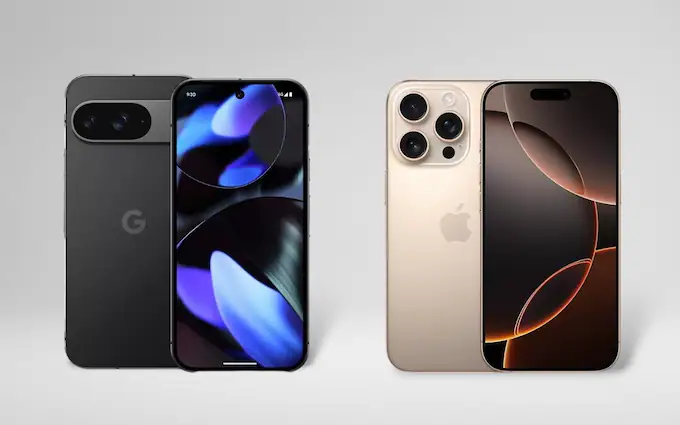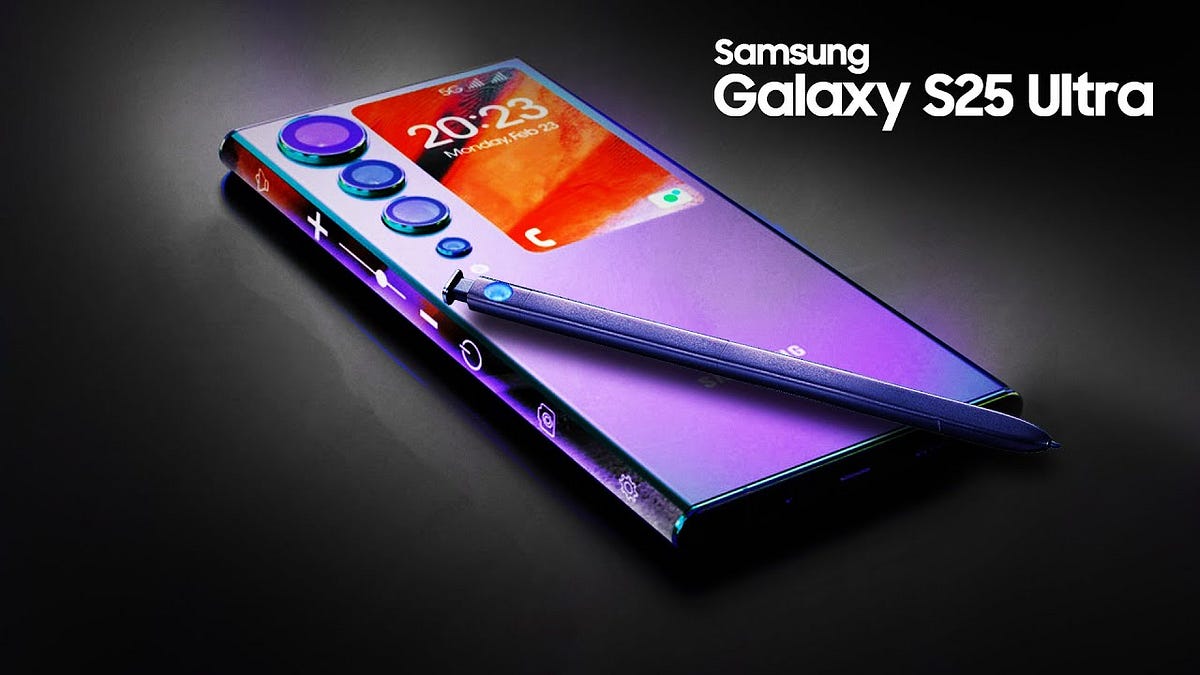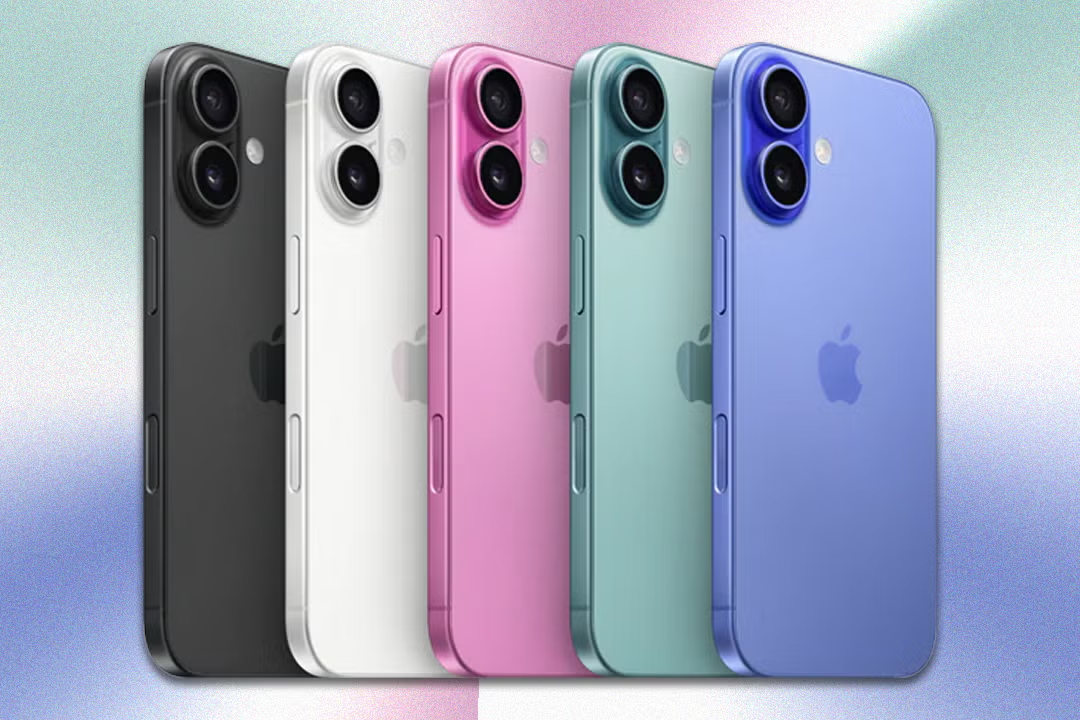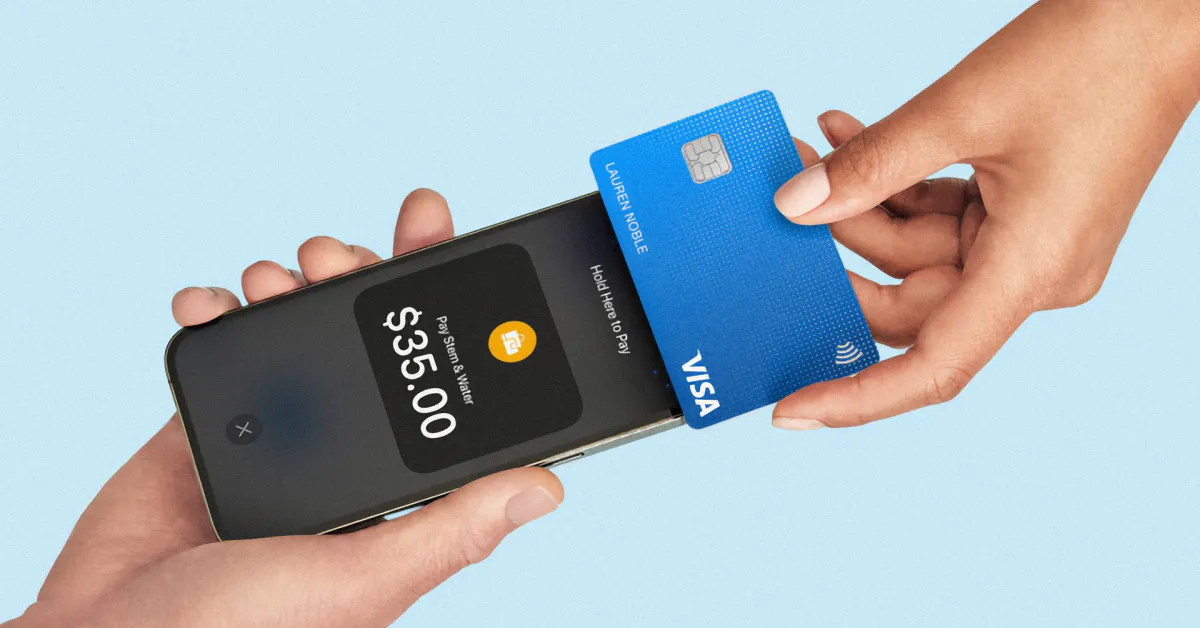As I unboxed the iPhone 16 and powered it up for the first time, one of the things I couldn’t wait to test was the sound quality. I’m a bit of an audio geek, and whether I’m streaming my favorite playlists or binge-watching shows, sound quality can make or break my experience. After days of testing the iPhone 16 alongside some of the top flagship phones in 2024, I found myself surprised, impressed, and, occasionally, a little frustrated. Here’s my breakdown of how the iPhone 16’s sound stacks up against its fiercest competitors this year.
Let’s be real—there’s been a lot of hype about Apple’s new audio improvements, especially with their shift to spatial audio and advanced noise cancellation. But does it really put the iPhone 16 above the rest, like the Google Pixel 9 or Samsung Galaxy S24 Ultra? Having tested these devices myself, I’m ready to share the good, the bad, and the unexpected when it comes to sound. Spoiler: if you’re an audiophile like me, some aspects might surprise you.
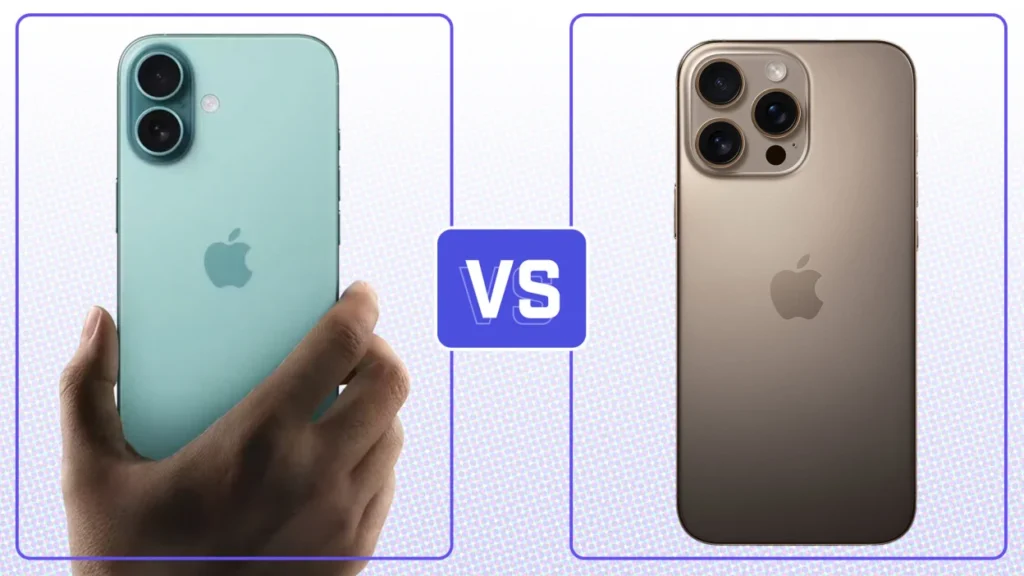
In this deep dive, we’ll get into the nitty-gritty, comparing sound quality across multiple use cases: music, movies, gaming, and even calls. By the end, you’ll have a solid understanding of where the iPhone 16 shines and where it could use some tuning. If you’re debating which 2024 flagship phone to buy based on audio performance, you’ll find some clarity here.
iPhone 16’s Audio Setup: First Impressions and What’s New
When I first fired up a track on the iPhone 16, the clarity hit me immediately. Apple has made several audio upgrades this year, and they aren’t shy about marketing them. The biggest standout is the enhanced spatial audio feature. With its advanced Dolby Atmos integration, the iPhone 16 gives you an immersive, 360-degree sound experience that feels like you’re in the middle of the action.
For someone like me who loves music with complex layers—think anything from Radiohead to Kanye—the spatial audio adds depth. If you’ve never experienced this type of tech before, it’s like going from stereo to 3D. You can feel the subtle nuances in the sound as instruments seem to move around you. Apple’s dynamic head tracking, which adapts the sound as you move your head, is also a game-changer, though I sometimes felt like it was a bit gimmicky for non-music content. It’s cool, but I found myself turning it off during YouTube videos or podcasts where it didn’t seem necessary.
One thing I like about the iPhone 16 is the consistency across audio formats. Whether I’m streaming Spotify, watching a movie on Netflix, or listening to a lossless FLAC file, the sound is rich and well-balanced. But does it always outperform the competition? That’s where things get interesting.
Comparing iPhone 16 to the Samsung Galaxy S24 Ultra
The Galaxy S24 Ultra was another phone I was excited to compare, especially because Samsung has consistently upped their game with each release. Their stereo speakers have always had punchy bass, and this year, they’ve added enhanced equalizer settings to give users more control.
When I tested the two phones side by side, I noticed that the S24 Ultra had a slightly warmer sound profile, which I tend to enjoy when listening to music. The bass was definitely stronger compared to the iPhone 16, especially when listening to genres like hip-hop or electronic music. However, Apple’s clarity in the mids and highs edged out Samsung when I played more vocal-centric tracks.
A huge benefit of the S24 Ultra is Samsung’s built-in audio customization tools. You can tweak everything—from bass to treble and even the balance between the two speakers. I personally loved this level of control. It’s like having a mini audio mixer in your pocket. On the other hand, Apple sticks to a more out-of-the-box experience, which is great for people who just want to press play and enjoy, but not as ideal for those who like to fine-tune every detail.
How Does iPhone 16 Hold Up Against Google Pixel 9 in Call and Media Sound Quality?
I’ve always had a soft spot for the Pixel series because they consistently nail the basics. Call quality, for example, has always been top-notch, and in 2024, the Pixel 9 is no exception. If you care a lot about how your phone handles voice—whether it’s calls, podcasts, or audiobooks—the Pixel might have the iPhone 16 beat.
While the iPhone 16 still offers a clear and crisp sound during calls, I noticed that it struggles in noisier environments compared to the Pixel 9. Google’s AI-based noise cancellation is incredibly effective; in a crowded café, my friend could barely hear the background chatter when I called from the Pixel, but on the iPhone 16, I got the dreaded “Can you speak up?” several times.
When it comes to media playback, the Pixel 9 is no slouch either. Its stereo speakers are loud, though they don’t offer the same rich, immersive experience that Apple’s spatial audio does. In terms of pure speaker power, the Pixel 9 holds its own, but I did find the sound a little flatter compared to the iPhone 16.
The iPhone 16 for Gaming: Audio-Immersion Tested
Let’s not forget gaming—one of the biggest reasons people buy flagship phones these days. I’m a casual gamer, but I do love getting sucked into a good game, especially those with immersive audio design, like “Call of Duty: Mobile” or “Genshin Impact.”
I was really curious to see how the iPhone 16 would handle gaming sound, and I wasn’t disappointed. Thanks to the improved spatial audio, it really felt like the sound was coming from every direction. I could hear footsteps behind me, and every gunshot had a distinct punch that made the gaming experience more intense. If you’re someone who likes to game on your phone, the iPhone 16 offers one of the best audio setups for it. The Galaxy S24 Ultra was a close second in this category, but I still think Apple edges ahead due to their dynamic sound rendering.
Where the iPhone 16 shines less, however, is in Bluetooth audio for gaming. I experienced a slight lag when using wireless headphones, which was a bit frustrating during fast-paced games. It’s not a dealbreaker, but if you rely on Bluetooth audio, you might notice it too.
Bluetooth Audio: A Surprisingly Even Playing Field in 2024
Speaking of Bluetooth, it’s worth mentioning that Bluetooth audio on all these flagships is at a high level now, but I didn’t find much difference between the iPhone 16 and its competitors here. The iPhone 16 supports the latest Bluetooth codecs, just like the S24 Ultra and Pixel 9, meaning latency is minimal, and sound quality is more or less consistent across the board.
One thing I didn’t like, though, is that Apple still hasn’t adopted the newer lossless Bluetooth audio codecs like LDAC, which Sony and others use. While the AAC codec Apple uses is solid, audiophiles might find the lack of lossless support disappointing—especially if they’re coming from a device like Sony’s Xperia 1 V.
Conclusion: Is the iPhone 16 the Best Sounding Phone of 2024?
After comparing the iPhone 16 with some of the top flagships, I have to say—it’s a mixed bag, but mostly positive. Apple’s strength lies in its ability to create a seamless, out-of-the-box audio experience, particularly for those who value clarity and immersive spatial audio. The dynamic head tracking and Dolby Atmos integration make it a standout option for watching movies, gaming, and even listening to music in high definition.
However, it’s not the hands-down best in every situation. If you like bass-heavy music, the Samsung Galaxy S24 Ultra is probably more your speed. And for call quality, the Google Pixel 9’s noise cancellation tech is hard to beat. But overall, for an all-around stellar audio experience, especially when paired with Apple’s ecosystem, the iPhone 16 still holds its own.
I’m curious to hear your thoughts. Are you leaning towards the iPhone 16 for its sound features, or are you swayed by another flagship? Let’s keep the conversation going in the comments.

